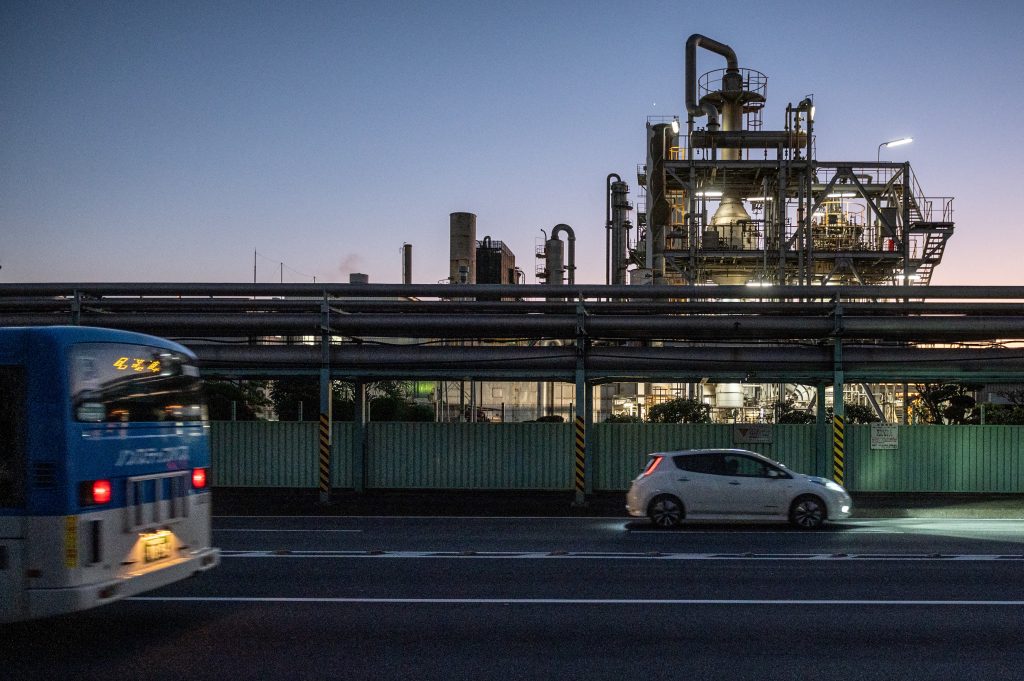
- ARAB NEWS
- 06 Jul 2025

WASHIGNTON: Christina Davis, director of the Program on U.S.-Japan Relations at Harvard University, welcomed Japan’s establishment of the new post of economic security minister, in a recent interview with Jiji Press.
The post, created in October by Prime Minister Fumio Kishida in view of heightening U.S.-China tensions, may help Japan in coordinating diplomatic and industry policies, Davis suggested.
Noting that it is difficult for Japan to take an adversarial stance against either the United States, its key ally, or China, its largest trading partner, Davis said that Japan is “required to play a role in mediating the confrontation between the United States and China.”
In order to avoid a military clash between the United States and China, Japan also needs to “ensure that China is not isolated in the international community,” Davis went on to say.
Many major countries across the world are now focusing on increasing economic security to protect domestic industries and technologies from adversaries.
The decoupling of global economies “is going forward on the dimension of critical industries for national security,” Davis said.
While noting that it is difficult to decide what are critical industries for national security, Davis said that “there seems to be a growing consensus that semiconductors and 5G telecommunication infrastructure are critical industries, where the United State will restrict investment with Chinese firms and increase investment in U.S. firms.”
“We are seeing more politicization of trade,” Davis added.
Regarding many countries’ tightening of economic security, Davis said that the movement “has not been hindering growth” for the global economy so far.
“We’re still seeing trade recovering from the (COVID-19) pandemic and investment in China has been increasing,” she said.
Davis, however, warned that “if trade is frozen by too many political interventions, it will reduce the ability of trade to create job opportunities.”
Major countries, including the United States, have started making large-scale investments on semiconductors and other strategic products and are switching to home procurement of them.
“It is very interesting” that such countries have been criticizing China’s Made in China 2025 industrial policy, aimed at spending huge amount of money for the growth of high-technology industry, saying that it distorts the market.
“We do see this rivalry competition, leading to an intensification, an arms race of subsidies…and it could lead to wasteful spending,” Davis said.
JIJI Press